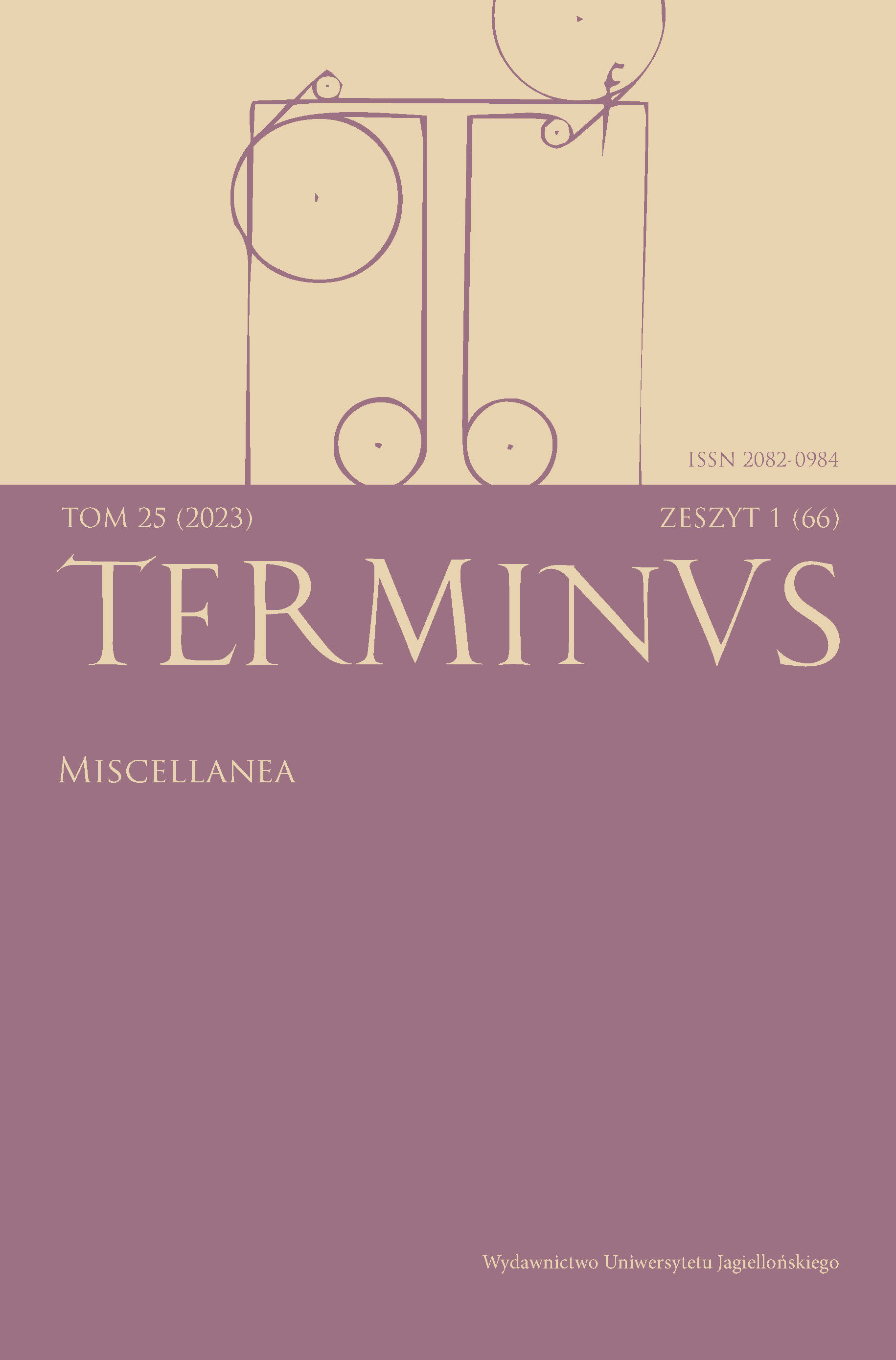Was Mikołaj of Błonie a Supporter of the Conciliarist Movement?
Was Mikołaj of Błonie a Supporter of the Conciliarist Movement?
Author(s): Lidia GrzybowskaSubject(s): History, Language and Literature Studies, Cultural history, Studies of Literature, Local History / Microhistory, 16th Century, Sociology of Religion
Published by: Wydawnictwo Uniwersytetu Jagiellońskiego
Keywords: conciliarism in the 15th century; Mikołaj of Błonie; plenitudo potestatis; ecclesiology; the Hussite movement
Summary/Abstract: The main aim of the paper is to address the question of whether Mikołaj of Błonie (before 1400 – ca. 1448), a Polish doctor of canon law, was a supporter of the conciliarist movement. In the first half of the 15th century, the most prominent representatives of Poland’s intellectual elite were conciliarists. Initially, the Polish elite were moderately sympathetic towards conciliarism, but with the development of the situation during the Council of Basel (1431–1449), radical solutions started to be favoured. This article analyzes selected fragments from two works by Mikołaj of Błonie in the broader context of the conciliarist discussion in order to determine to what extent the contemporary situation and the preacher’s personal opinion could be reflected in the preaching and pastoral texts. These texts are Tractatus sacerdotalis de sacramentis (known as Sacramentale), a pastoral manual written around 1430, prepared for the lower clergy, and two collections of sermons – de tempore and de sanctis – also intended for use by lower clergy and uneducated audiences, written probably around 1438. Mikołaj of Błonie strongly postulated the need for reforms of the Church in membris while maintaining great caution in formulating conclusions regarding the reform in capite. His approach to power in the Church places him more on the side of the papists, although in his texts one can see a distant echo of the writings of Jean Gerson, Stanisław of Skarbimierz, and the discussions by Polish theologians and decreeists. Mikołaj’s conservativeness can be explained in many ways: the preacher’s personal views, the specific purpose of the texts, which did not provide space for ecclesiological discussion, and the context of polemics with the Hussites as well as the need to strengthen papal authority.
Journal: TERMINUS
- Issue Year: 25/2023
- Issue No: 1 (66)
- Page Range: 1-24
- Page Count: 24
- Language: English

